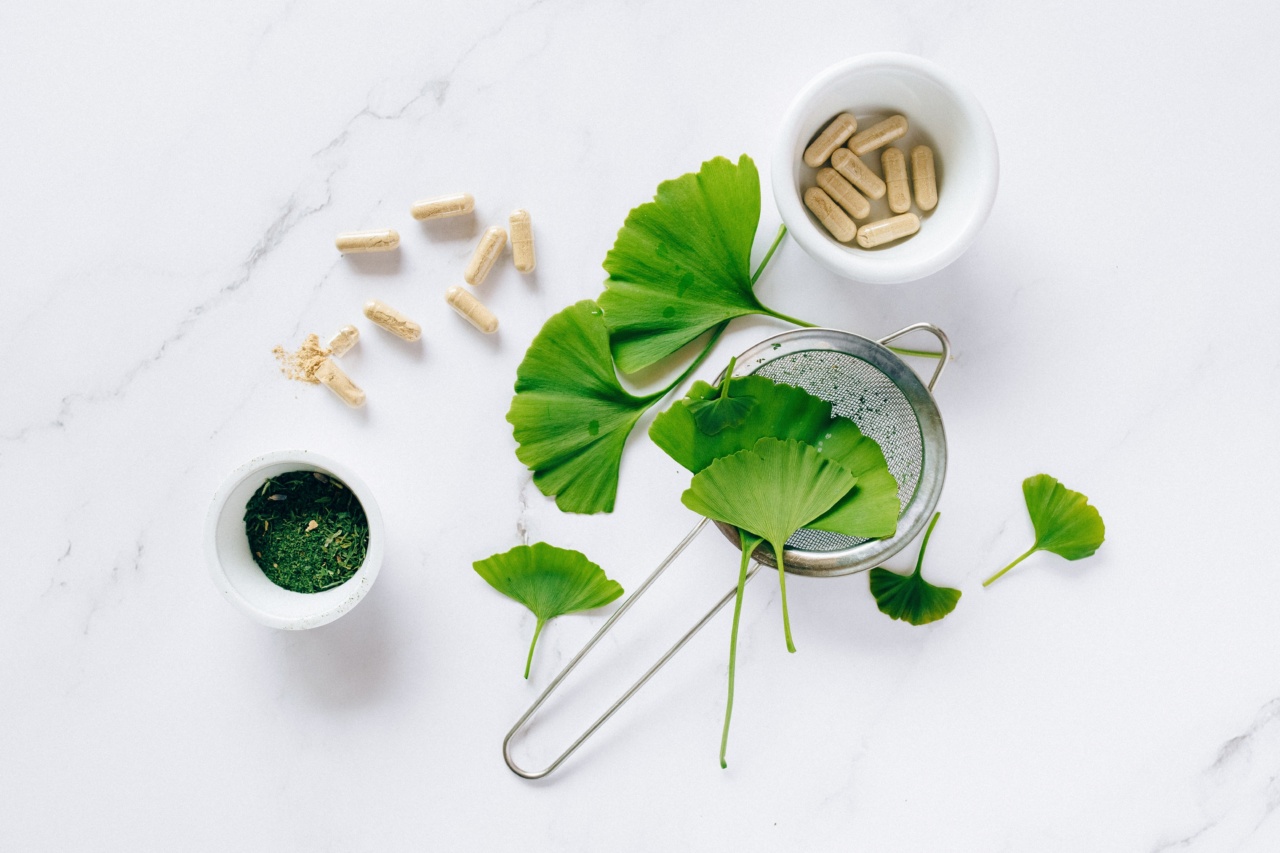Dandelion is a flowering plant that often gets a bad reputation for being a pesky weed in gardens and lawns. However, this plant has been used for centuries as a herbal remedy for various health conditions.
In this article, we will explore the various health benefits of dandelion and how you can incorporate it into your diet for a healthy life.
What is Dandelion?
Dandelion (Taraxacum officinale) is a perennial plant that grows in gardens, lawns, and fields. It is native to Europe and Asia, but is now found all over the world. The plant has yellow flowers and a long, slender taproot.
The leaves are deeply toothed and have a bitter taste.
Health Benefits of Dandelion
Dandelion has been used for centuries as a herbal remedy for various health conditions, including:.
1. Digestive Health
The bitter taste of dandelion leaves can stimulate digestion by increasing the production of bile. Bile is a fluid that helps break down fats in the small intestine. Dandelion can also help relieve constipation by acting as a mild laxative.
Additionally, dandelion root has been used to treat liver and gallbladder problems, as it can help detoxify the liver and improve the flow of bile.
2. Anti-Inflammatory Properties
Dandelion contains compounds that have anti-inflammatory properties, such as flavonoids and sesquiterpenes. These compounds can help reduce inflammation in the body and may help relieve pain from conditions such as arthritis and gout.
3. Rich in Antioxidants
Dandelion is rich in antioxidants, such as beta-carotene, vitamin C, and polyphenols. Antioxidants can help protect the body from damage caused by free radicals, which can contribute to diseases such as cancer and heart disease.
4. Immune System Support
The vitamin C and antioxidants in dandelion can help boost the immune system and protect the body against infections and diseases.
5. Skin Health
Dandelion has been used as a traditional remedy for various skin conditions, such as acne, eczema, and psoriasis.
The antioxidants in dandelion can help protect the skin from damage and the anti-inflammatory properties can help reduce redness and irritation.
How to Use Dandelion
Dandelion can be consumed in various forms, including:.
1. Leaves
The leaves of dandelion can be eaten raw or cooked. They have a bitter taste, so they are often mixed with other salad greens or cooked with other vegetables.
2. Roots
The roots of dandelion can be roasted and used as a coffee substitute. They can also be dried and powdered for use in teas or supplements.
3. Flowers
The flowers of dandelion can be used to make wine, syrup, or jelly.
4. Supplements
Dandelion supplements are available in various forms, such as capsules, tinctures, and powders. These supplements can be used to treat various health conditions, such as digestion problems, liver problems, and skin conditions.
Precautions When Using Dandelion
Although dandelion is generally safe for consumption, there are a few precautions to keep in mind:.
1. Allergies
Some people may have allergies to dandelion. If you experience any allergic reactions, such as hives or difficulty breathing, stop using dandelion and seek medical attention immediately.
2. Interactions with Medications
Dandelion may interact with certain medications, such as blood thinners and diuretics. If you are taking any medications, consult your healthcare provider before using dandelion.
3. Pregnant and Breastfeeding Women
Dandelion may not be safe for pregnant and breastfeeding women. Consult your healthcare provider before using dandelion if you are pregnant or breastfeeding.
Conclusion
Dandelion is an often-overlooked plant that has been used for centuries as a herbal remedy for various health conditions. Its health benefits range from improving digestive health to boosting the immune system and protecting the skin.
Whether you eat it raw, cook it, or take it as a supplement, incorporating dandelion into your diet can promote a healthier life.






























